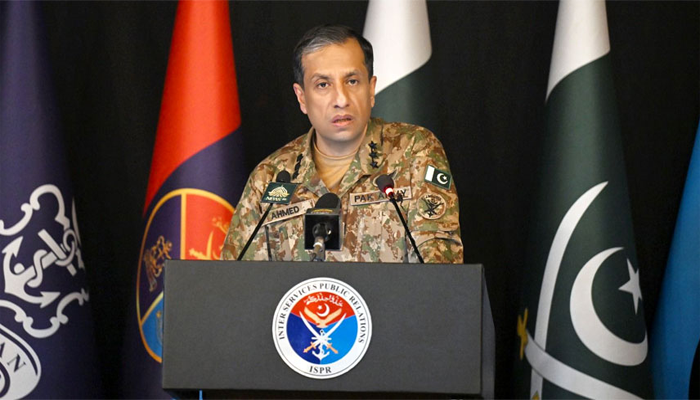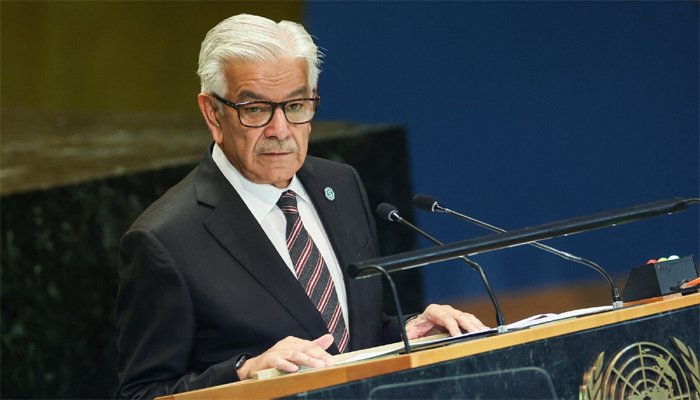PESHAWAR: Khyber Pakhtunkhwa (KP) has witnessed a disturbing surge in terrorism-related incidents this year, with 284 reported cases across the province, according to the latest report released by the Counter Terrorism Department (CTD). The data highlights growing security concerns in the region as law enforcement continues its struggle against militant networks.
North Waziristan emerged as the most affected district, recording 53 incidents, followed by Bannu with 35, Dera Ismail Khan with 31, Peshawar with 13, and Kurram with 8. The statistics underscore the persistent threat posed by terror outfits operating in the tribal belt and surrounding areas.
The report provides a comprehensive overview of the security situation, stating that a total of 1,116 suspects have been nominated in terrorism-related cases this year. Of these, 391 suspects are from North Waziristan alone, highlighting the district's status as a hotspot for extremist activity. Kurram followed with 166 suspects nominated in various cases tied to terror activities.
Law enforcement agencies have managed to apprehend 95 individuals involved in terrorism cases so far. Notably, 70 arrests were made in Kurram, suggesting successful counterterrorism efforts in that region. However, in districts like Swat and Bannu, only three arrests each have been recorded, indicating either a lack of sufficient intelligence or the complexity of tracking suspects.
The CTD report also revealed that 148 terrorists have been killed in various security operations conducted across KP this year. Dera Ismail Khan saw the highest number of terrorist fatalities, with 67 killed during counterterrorism operations. This figure reflects an aggressive military and police response in the region, which has been plagued by recurring violence in recent months.
Security experts have raised concerns over the recurring nature of these attacks and the organizational strength of militant groups still active in KP. Despite the operations resulting in high numbers of fatalities and arrests, the continued frequency of attacks suggests that these groups retain the ability to regroup and plan further violence.
The CTD emphasized the need for sustained intelligence-based operations, enhanced coordination among security agencies, and community support to curb the rising trend of terrorism in the province. A senior CTD official commented, “While our efforts have seen significant successes in neutralizing threats, the situation demands constant vigilance. The enemy is adapting, and so must we.”
The KP government has also reiterated its commitment to ensuring peace and stability in the province. Special directives have been issued to intensify operations in high-risk districts and enhance surveillance at border areas and transit routes often used by militants.
As the year progresses, both provincial and federal authorities are expected to recalibrate their counterterrorism strategies to tackle the evolving security landscape in KP. With over a thousand suspects still at large, the road to long-term peace in the region remains challenging but crucial.









